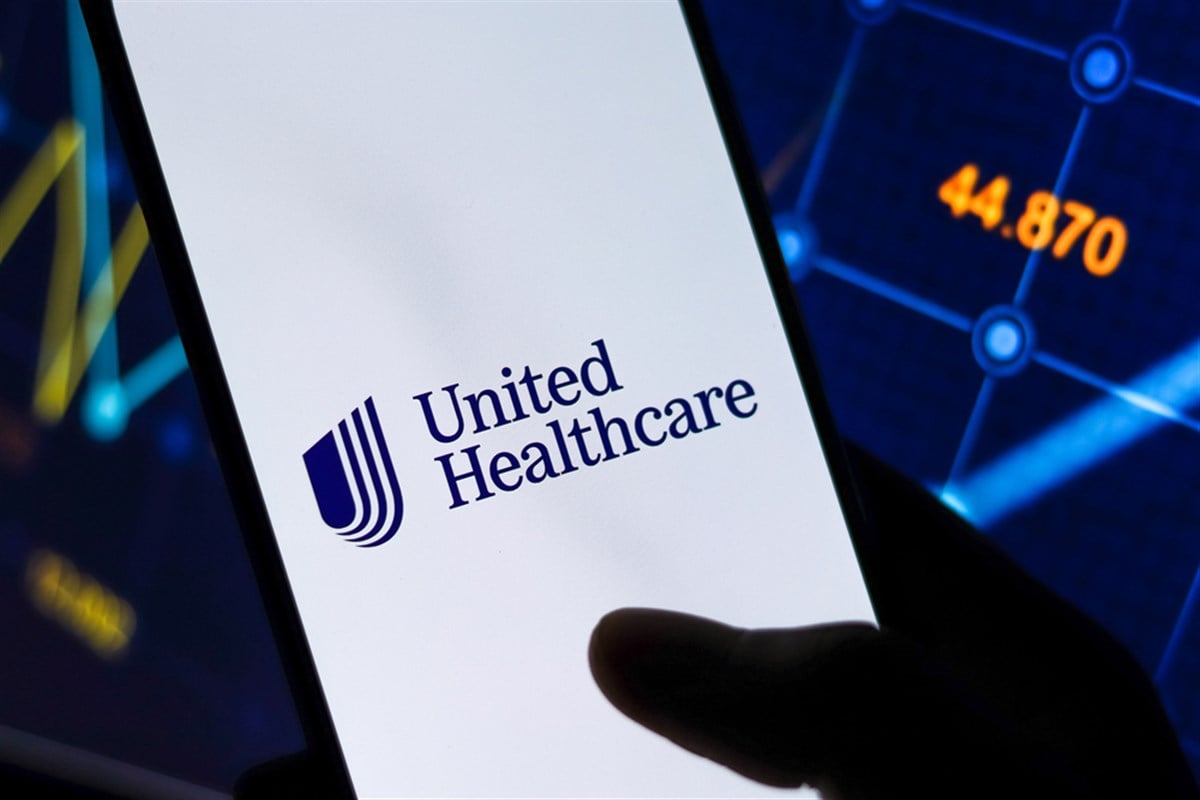
When markets become uncertain about the economy's direction and stocks trend in a bumpy and indecisive pattern, some sectors usually attract investment dollars because of their perceived safety. Now that the Federal Reserve (the Fed) has pointed to potential interest rate cuts in 2024, you can find some stability.
Historically, the healthcare sector helps investors step on the ground that shifts beneath them; people still need to look after their health, whether the underlying economy booms or busts.
There's an even more vital stability feature within the healthcare space, one that you can find in the health insurance industry, primarily in the HMO providers. As required by law, insurance premiums are almost guaranteed to appear through stocks like UnitedHealth Group (NYSE: UNH) and Humana (NYSE: HUM).
Getting a feel for the market
You can separate the beta and alpha in the market to hunt for excess returns in the coming months or the following year. A good way to start separating the market ahead of this future pivot in interest rates is to gauge the performance of the Health Care Select Sector SPDR Fund (NYSEARCA: XLV) against the S&P 500.
Over the past month, the healthcare sector has underperformed the broader stock market by as much as 15.8%. This performance gap allows reasonable space for healthcare stocks to start catching up to the market or at least provide some protection in case the market turns out to be overextended today.
Consider looking beyond the price action into other fundamental factors surrounding the sector, adding to some bullish sentiment. In particular, you can read the latest employment situation report and notice that, out of the 216,000 jobs added, the healthcare industry added 58,900.
Business activity has seen a swift turnaround for the sector, which you can find in the past quarter of ISM services PMI index reports. Over the past three months, healthcare has measured flat. However, the past month showed a breakout driven by activity and employment.
Nobody knows when (or if) the Fed will cut interest rates. The market could become a bit shaky leading up to these expectations. As the VIX index rises, it's more important than ever to align your portfolio with what is happening in the real economy.
In the crosshairs
Other medical stocks have been attracting the attention of traders and investors lately; names like Pfizer (NYSE: PFE) are in the upper levels of valuation and growth expectations today. However, right or wrong, the markets may be in their assessment, and you risk a medical trial or media headlines affecting your position in these names.
Now that money could potentially become cheaper in the coming quarters, growth is a characteristic you don't want to sacrifice in your next potential purchase, especially if you're after safety.
Keeping inflation under control has proven more complex than the Fed expected; the insurance industry is first in line to reap the rewards of a falling currency like clockwork. To understand the benefits of inflation in this business, refer to UnitedHealth's latest financial quarter.
Within that press release, you will notice that a 15% annual revenue growth leads the headlines during a year when inflation remained between 3% and 5%. The ability to raise their insurance premiums due to rising medical costs enabled the company's EPS to jump by 15.9% over the year.
Analysts understand the type of safety and near-guaranteed growth they can find in UnitedHealth stock, which is why they are comfortable slapping on a consensus price target of $574.90 on the stock, which translates into a 10.2% upside from today's prices.